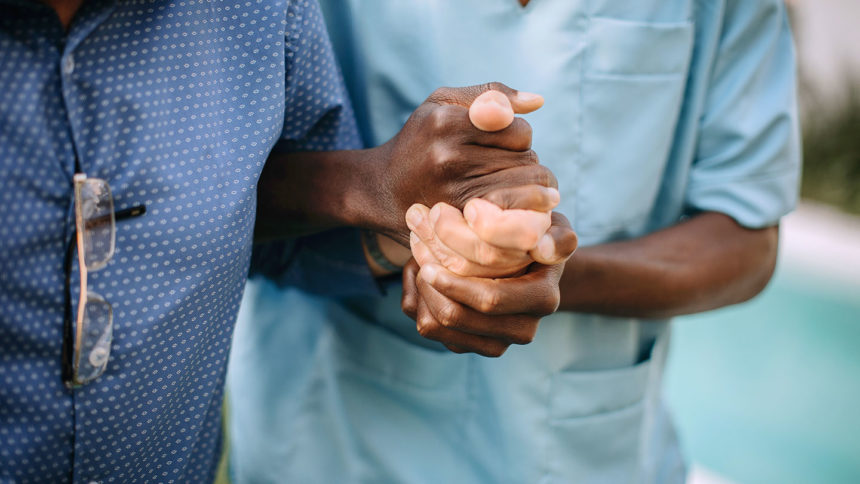
Volunteering as an older adult — whether it’s mentoring young people, participating in a clothing drive or something that does a little good in the world — is linked to having better cognitive function. Good deeds are tied, specifically, to better executive function and episodic memory.
Research was announced July 20 at the Alzheimer’s Association International Conference in Amsterdam.
What makes volunteering so good for the brain? It encourages people to be more physically active and interact with others. Doing that, especially for older adults, can provide cognitive stimulation that may be protective on the brain.
There wasn’t much known on the subject of volunteering and brain health. That’s why Yi Lor, an epidemiology doctoral student at the University of California Davis, looked at volunteering habits in 2,476 older adults. The average age was about 74, and the study population was diverse. A total of 48% were Black, 20% were White, 14% were Latinx, and 17% were Asian. Of them, 1,167 — that’s 43% — said they had pitched in to volunteer over the course of the past year.
Once they crunched the data, the researchers saw that volunteering was linked to earning better baseline scores on tests that measure executive function and verbal episodic memory — even when they adjusted for factors like age, income and education.
The researchers took it a step further and followed up on the participants over more than a year. They found that those who did some good were associated with a trend of less cognitive decline, though the link wasn’t statistically significant, the authors said.
People who volunteered several times per week had the highest levels of executive function — a measure of how the brain organizes information. “Volunteering may be important for better cognition in late life and could serve as a simple intervention in all older adults to protect against risk for Alzheimer’s disease and associated dementias,” Lor said in a statement. “Our next steps are to examine whether volunteering is protective against cognitive impairment, and how physical and mental health may impact this relationship.”



